Description
Polymeric MDI (PMDI): The Unsung Hero of Polyurethane Chemistry
Polymeric MDI (PMDI) is a versatile and widely utilized chemical building block in the expansive world of polyurethanes. Often referred to simply as “MDI,” it stands as a cornerstone for countless products we encounter daily, from the insulation in our homes to the comfortable cushioning in our furniture. While perhaps not a household name, PMDI’s impact is undeniable, silently contributing to improved comfort, efficiency, and safety.
So, what exactly is PMDI, and why is it so important?
Understanding the Chemistry:
PMDI is a complex mixture of polymeric isomers of methylene diphenyl diisocyanate. This means it’s not a single, pure compound, but rather a blend of related molecules, each containing two isocyanate (-NCO) groups. These isocyanate groups are the keys to PMDI’s reactivity, allowing it to react with polyols (alcohols containing multiple hydroxyl groups -OH) in a process called polymerization. This reaction, driven by the formation of urethane linkages, forms the core of polyurethane chemistry.
The “polymeric” aspect of PMDI refers to the presence of oligomers, chains of repeating units, in addition to the monomeric MDI molecules. This polymeric nature contributes to the unique properties of PMDI-based polyurethanes.
Key Features and Benefits:
- Versatility: PMDI’s reactivity allows it to be used in a vast array of polyurethane applications. By carefully selecting the type and amount of polyol, alongside other additives, manufacturers can tailor the final properties of the polyurethane to meet specific requirements.
- High Strength and Durability: Polyurethanes based on PMDI often exhibit exceptional strength, durability, and resistance to wear and tear. This makes them ideal for demanding applications where long-term performance is crucial.
- Excellent Adhesion: PMDI-based polyurethanes are known for their strong adhesion to a wide variety of substrates, including wood, metal, and plastics. This allows for the creation of robust and reliable bonds in composite materials and coatings.
- Cost-Effectiveness: PMDI is a relatively cost-effective raw material, making it a popular choice for large-scale industrial applications.
- Thermal Stability: Many PMDI-based polyurethanes offer good thermal stability, allowing them to withstand elevated temperatures without significant degradation.
Applications Across Industries:
The properties of PMDI make it a crucial ingredient in a multitude of applications across diverse industries, including:
- Construction: Rigid polyurethane foam insulation, essential for energy efficiency in buildings, is a major application of PMDI. It’s also used in structural adhesives, sealants, and coatings for construction materials.
- Furniture and Bedding: Flexible polyurethane foam, used for cushioning in sofas, mattresses, and car seats, relies heavily on PMDI.
- Automotive: PMDI-based polyurethanes are found in car bumpers, dashboards, seating, and interior trim, contributing to vehicle safety and comfort.
- Adhesives and Coatings: PMDI is a key component in high-performance adhesives and coatings for a variety of applications, from industrial manufacturing to consumer products.
- Footwear: Polyurethane soles and components in shoes and boots benefit from PMDI’s durability and flexibility.
Considerations and Future Developments:
While PMDI offers numerous advantages, there are some considerations to keep in mind. As with all isocyanates, proper handling and safety precautions are essential to minimize potential health risks. Manufacturers must adhere to strict safety regulations and provide adequate worker training.
Looking ahead, ongoing research and development efforts are focused on improving the sustainability of PMDI-based polyurethanes. This includes exploring bio-based polyols, developing recycling technologies for polyurethane foam, and reducing the environmental impact of PMDI production.
Conclusion:
Polymeric MDI is a quietly powerful chemical building block that plays a vital role in shaping the world around us. Its versatility, strength, and cost-effectiveness have made it an indispensable ingredient in a vast array of polyurethane applications. As the demand for high-performance materials continues to grow, PMDI will undoubtedly remain a crucial component in the quest for innovative and sustainable solutions. While often unseen, its impact is undeniably felt in the comfort, efficiency, and safety of our daily lives.

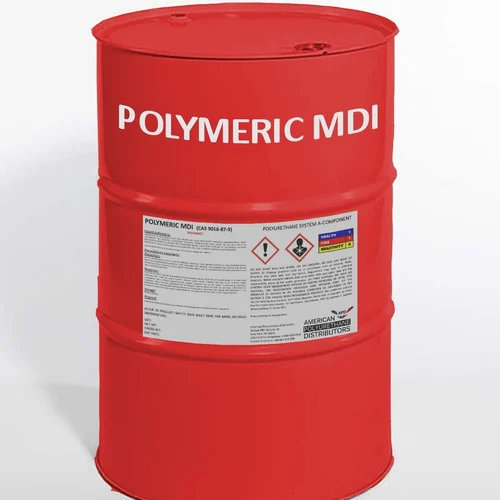
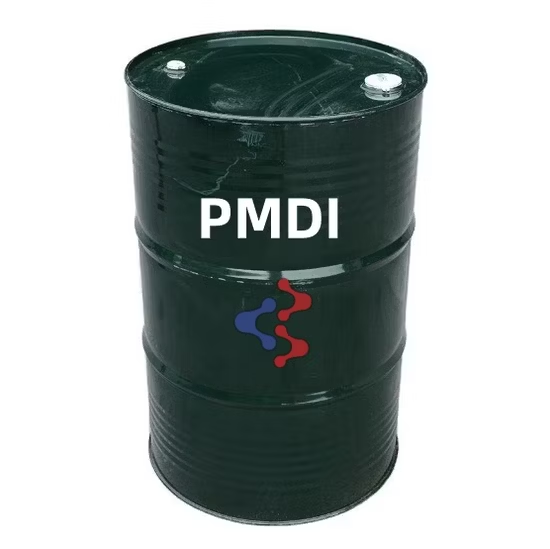
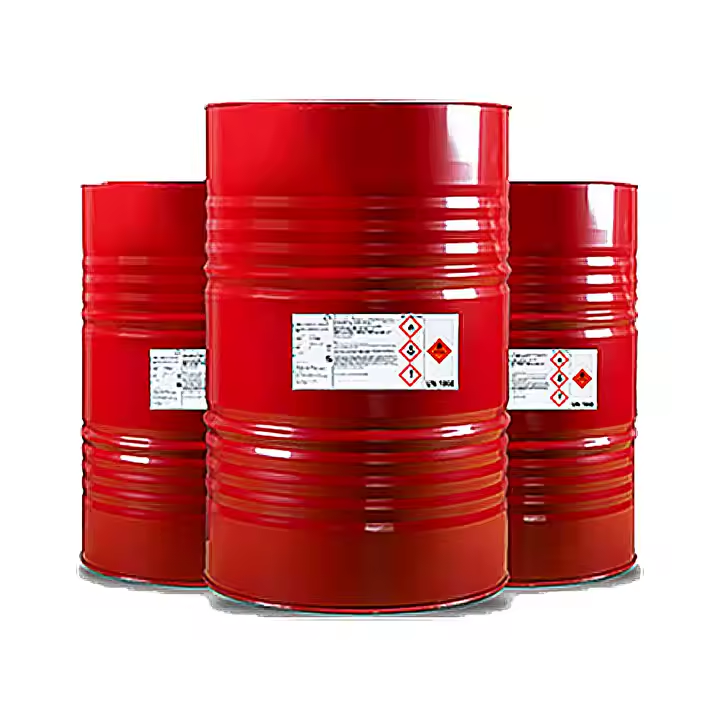

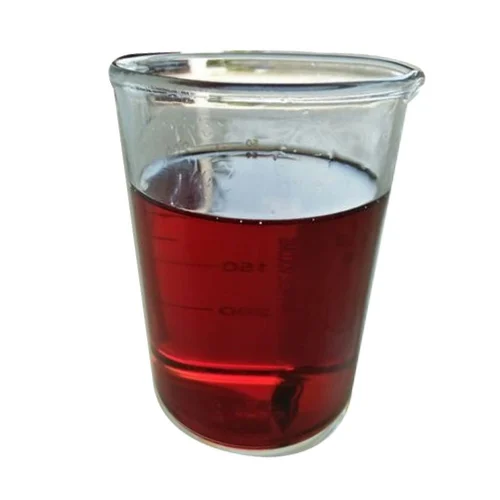
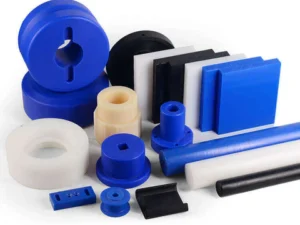

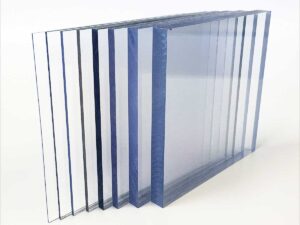

Reviews
There are no reviews yet.